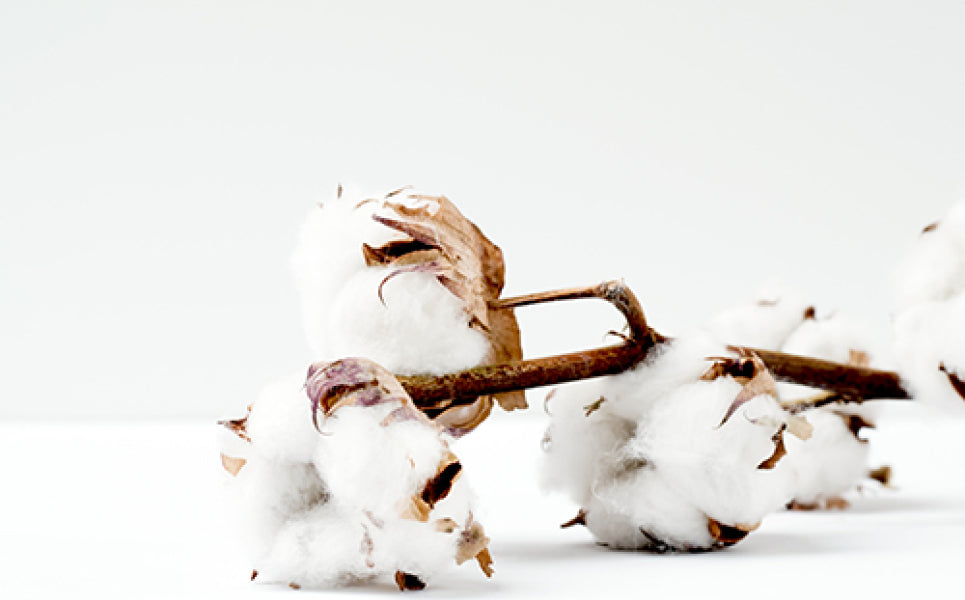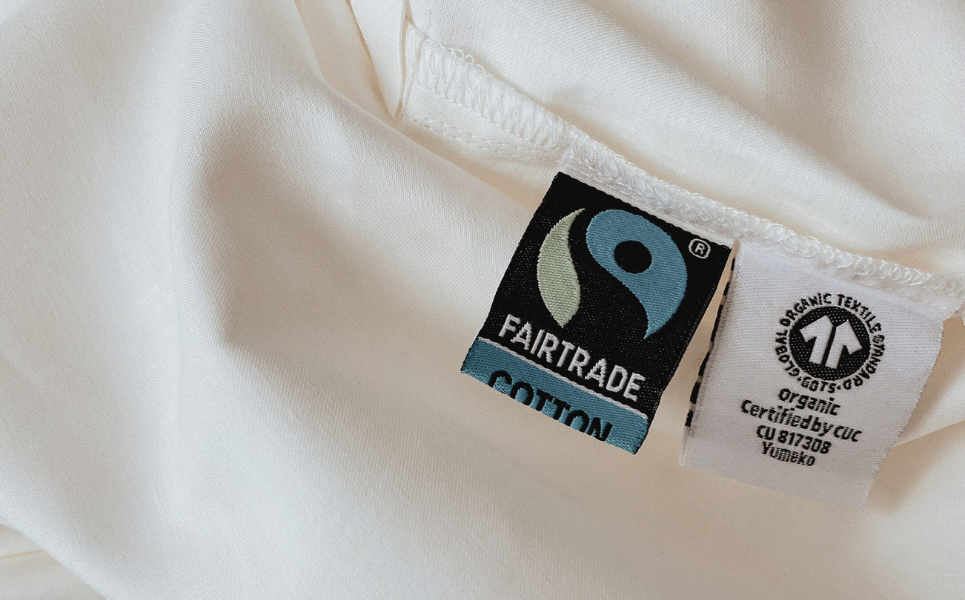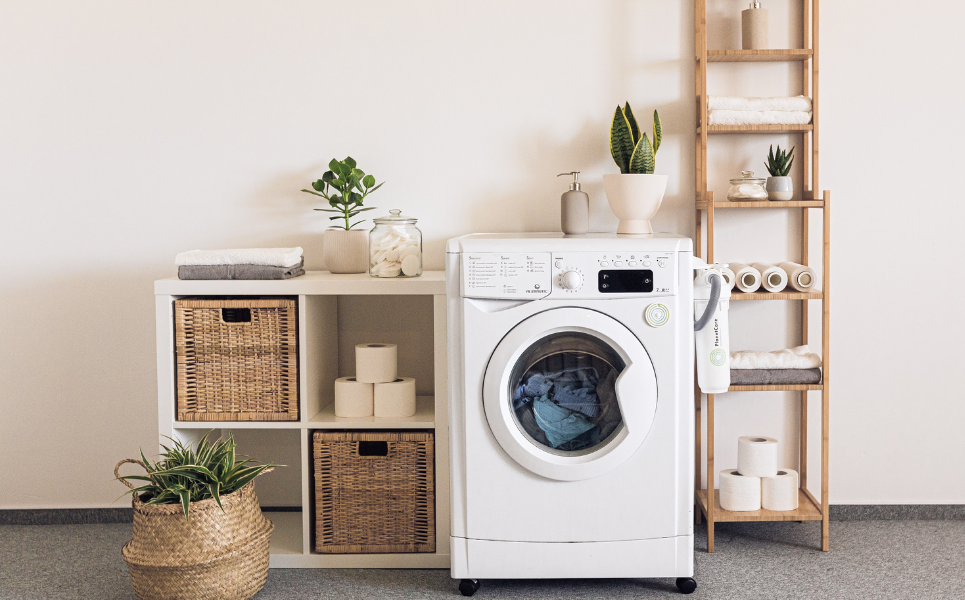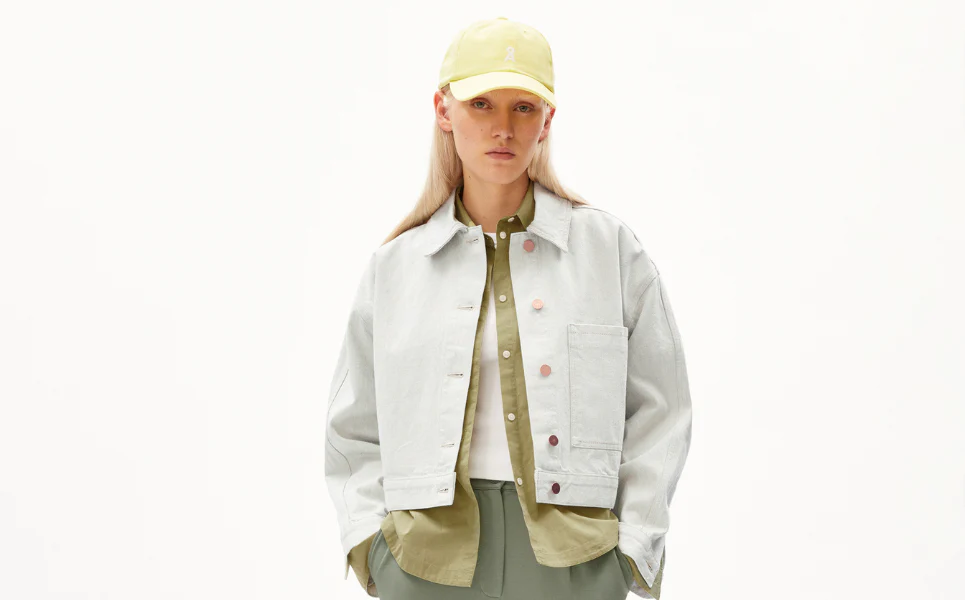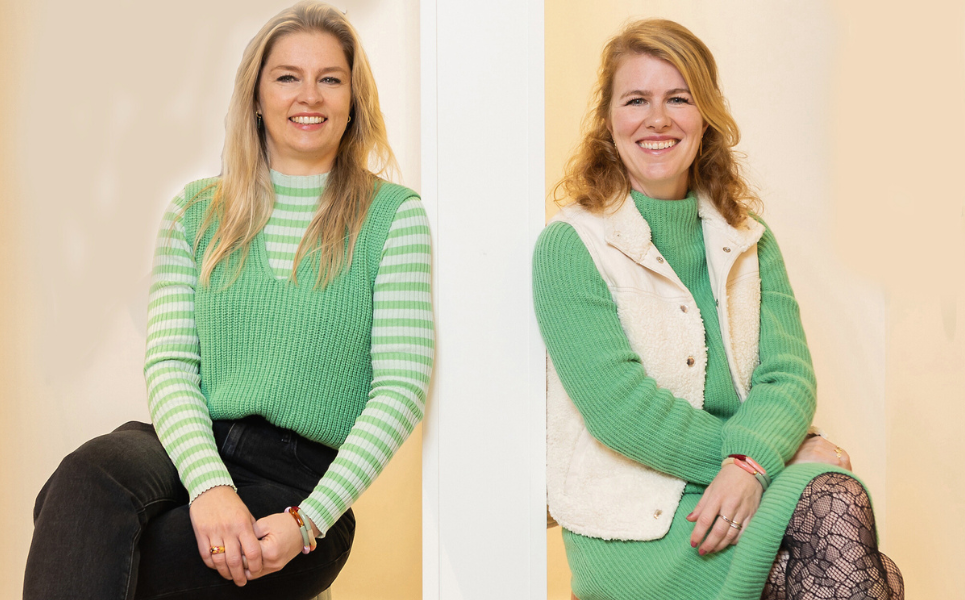But few people stop to think about where their clothes come from. Until 8 years ago, we also had little understanding of how the garment industry really works. So we can well understand that when fashion is not your passion, you have no knowledge of how things really work in the garment factories in low-wage countries that produce for Western clothing brands.


By now, we have done quite a bit of research on the current Western clothing industry that consists mainly of fast fashion. The term fast fashion originated in the 1970s when production was outsourced to developing countries in Asia. The name fast fashion is based on the weekly new, extremely cheap clothing collections you can find at clothing stores such as H&M, Monki and Zara. The working conditions and safety of the workers come at the expense of the lowest possible production costs that the big chains demand of the factories. Slow fashion is thus a counterpart to the fast fashion clothing industry. The fashion system needs to slow down.
The Sophie Stone webshop was therefore created because we would like to contribute to a fair and sustainable fashion world. A fair and sustainable world is the reason why I choose slow fashion and a slow lifestyle. Read on if you need that extra push to choose slow fashion from now on. Because these are some of the reasons why you want to choose slow fashion.

-
Because you choose quality
Investing in sustainable clothing is investing in quality. But even in sustainable clothing, there are many different qualities. From good to super good. How to recognize quality clothing read here. Slow fashion is about much more than just good looks. It is about the quality of the fabric and a good fit. The quality of clothes should always take precedence over the quantity in your closet. I do think that when investing in quality clothing it is best to choose timeless items. This is what you mainly find in the Sophie Stone webshop.
-
Because by doing so you support small sustainable entrepreneurs
By choosing slow fashion you support (now often) small entrepreneurs. Brave people who follow their heart and passion and dare to make a difference. A sustainable clothing collection is not something you just do. It takes courage and perseverance in an oversaturated market. Every time you spend your money you cast a vote. With every purchase you vote for a company and let them know; you are doing good, keep it up! In the uncertain time we are in now, it is extra important to spend your money wisely. Ultimately, consumers are responsible for the existence of local, sustainable (online) boutiques and brands. Sustainable clothing brands need us now more than ever, to survive the corona crisis.

-
Because sustainable clothing has a story
This brings us directly to the next point. Surely it is much more fun to wear clothing with an authentic and beautiful story? Designers of sustainable clothing brands take the time to design clothing with an underlying story. Innovative fabrics and techniques are often used to make the clothes. I proudly wear my Tencel blouses made from wood pulp from sustainably managed and certified forests.
-
Because you are reducing your impact on the environment
Consciously thinking about what your clothing is made of and where it comes from usually stems from a conscious lifestyle. A lifestyle in which you think about how your purchases affect the environment and the people around you. We are slowly but surely developing this lifestyle. Since the corona crisis we can no longer ignore the fact that we need to start taking better care of the world and each other. All clothing brands within the webshop Sophie Stone design and produce consciously and slow. They think about how to minimize their impact on the environment. One way they do this is by using sustainable fabrics, recycled materials, timeless small collections, natural dyes and so on.
With Sophie Stone, we would love to help you make the transition to a sustainable and conscious lifestyle. After all, developing a sustainable wardrobe and relaxed lifestyle is not at all complicated.




